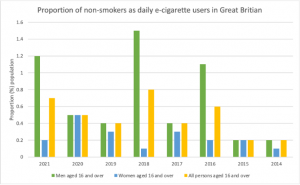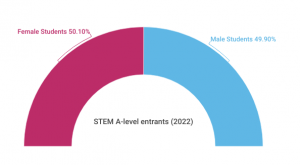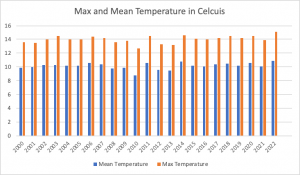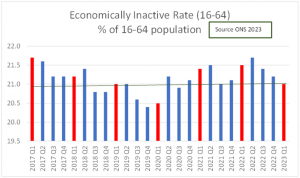Ambulance workers set to strike as pay row rages
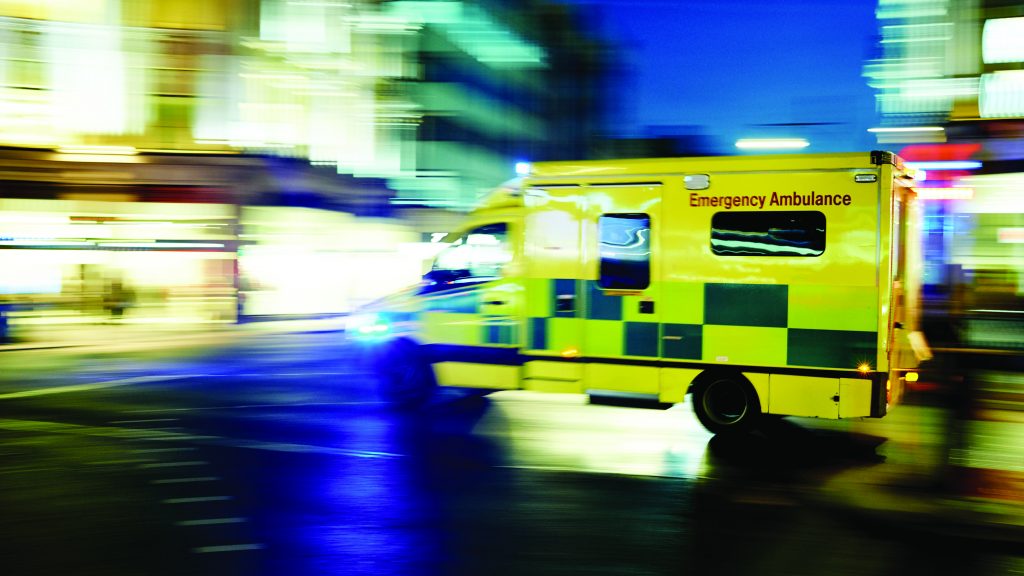
More strikes by ambulance workers have been announced, in the escalation of the dispute over pay and staffing.
The Unite union says its’ members across England, Wales and Northern Ireland will stage ten further walkouts over the coming weeks.
Four of the strike dates coincide with walkouts by NHS nurses from the GMB union.
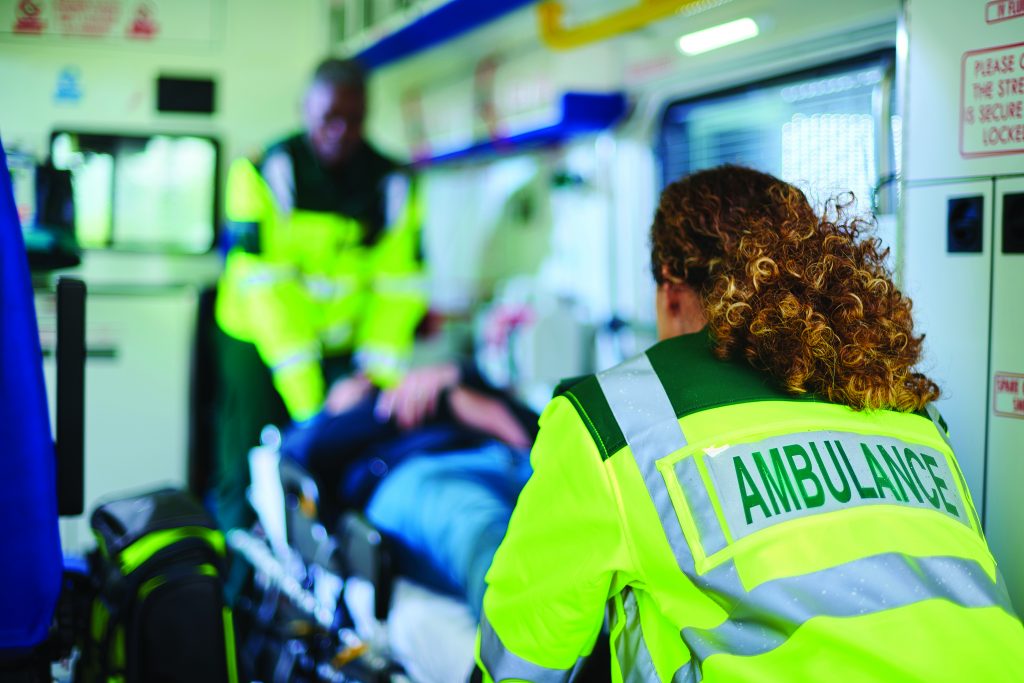
The ambulance service is already under immense pressure, and with workers soon set to strike, many people are fearing the worst.
Lauren Ring was left waiting 45 minutes for an ambulance when her partner, Tom Humphries, found her unconscious, after having multiple seizures.
The phone operator told Tom to make their own way to the hospital, but without him holding a driving license, they were told to get a taxi. This would cost £60, a sum of money that the couple couldn’t afford to pay, and wouldn’t be reimbursed for.
Lauren said: “I was unconscious, unresponsive, laying in my own sick and blood, but that wasn’t a good enough reason for an ambulance? Then what is?”
The nearest ambulance to the couple’s house was 22 miles away, and after much convincing, one arrived at her door 45 minutes later.
“I was so angry when they told me to call a taxi,” Tom said, “It’s not an acceptable solution to suggest, with the way Lauren was.
“She collapsed in the ambulance and was put on gas and air. Can you imagine what it would’ve been like had we been in the back of a taxi?”
Despite this experience, Lauren has credited the individual ambulance workers.

She said: “Tom and I do sympathise with the paramedics, because they aren’t valued enough and are stretched pretty thin. It’s not them who are at fault, it’s the system as a whole that’s flawed– they are completely understaffed and the whole thing needs some serious evaluation.
“I get why they’re striking, but it is worry – if I’m waiting 45 minutes when they’re not on strike, what’s going to happen the days that they are?”
However, emergency cover has to be provided under trade union law, meaning not all paramedics, call handlers and support workers will strike at once.
Ambulance emergency calls have different severity categories, with cardiac arrests and severe allergic reactions ranking at the top as “life threatening”.
I spoke to a training paramedic, who passed the test enabling to drive ambulances, last year. She doesn’t wish to be named, as her opinion on the strikes doesn’t conform to the majority view.
She said: “I agree that a pay rise is needed in line with the cost-of-living increase, especially as what we do is worthy of more money.
“However, once we are striking, more lives are put at risk due to so many ambulances being off the road. I don’t feel that innocent people should suffer.”
Nathan Roberts is studying paramedic science at Canterbury Christ Church University, in Kent. He feels the strikes have been long “overdue”.
He said: “All NHS workers are underpaid for the amount of hours [they work] and increasing pressures presented to them.
“Increasing hospital waiting times at accident and emergency is the main cause [of the strikes]. We are unable to do our job as we are stuck at A&E for hours with patients, so I feel that the strikes are working together with nurses to ensure something changes.”
The Unite General Secretary, Sharon Graham spoke to Nick Robinson in the Political Thinking podcast. She said staff were “fighting for the NHS”.
“Nobody wants lives to be lost,” she added.

